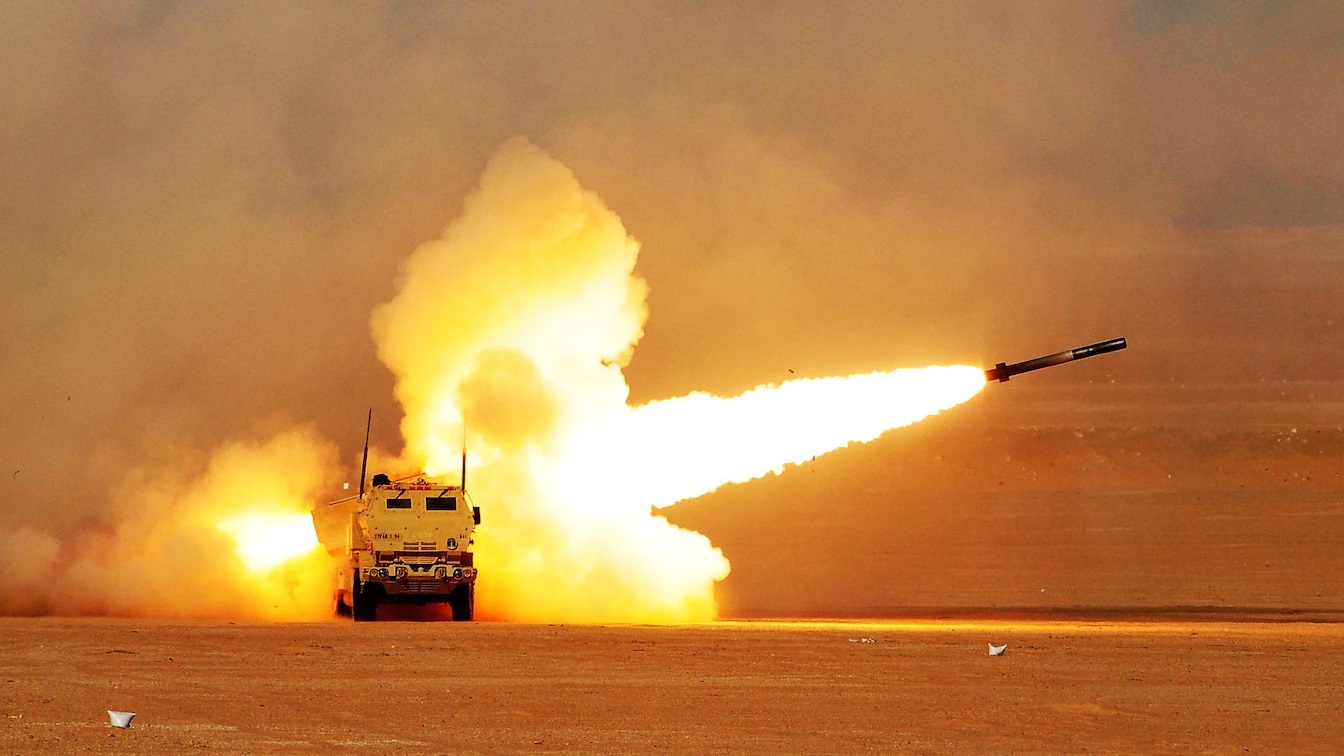Simple: A Compromise. Can It Happen? Can the Ukraine War Finally Come To An End?: The Russo-Ukraine War has been raging for nearly fifteen months.
Prospects for peace in the near term are bleak, as Ukraine and Russia “are in diametrically opposing positions.”
Can China Solve the War?
But one-third party is being considered as a prospective peace broker. China – who enjoys better relations with Russia than most of the international community, and whose leader, Xi Jinping, recently called his Ukrainian counterpart Volodymyr Zelenskiy.
“I know I can count on you to bring Russia to reason and everyone back to the negotiating table, French President Emmanuel Macron told Xi last month. Macron speaks for a lot of us.
But Xi was quick to temper expectations. The Russo-Ukraine War, which has featured the most vicious and wide-scale fighting on the European continent since the end of World War II, is seemingly intractable. Bringing the two sides together is a tall order, even for China, who recently helped to normalize relations between Iran and Saudi Arabia.
But if the Chinese were to engineer a compromise between Ukraine and Russia, what might that compromise entail?
Peace between Ukraine and Russia? Mediated by China?
On the one-year anniversary of the war, China released a 12-point peace proposal.
Within the proposal, China stressed explicitly that peace in Ukraine “can be restored only through negotiations that “ultimately reach a comprehensive ceasefire,”” The Guardian reported.
“Despite conventional wisdom, Beijing was not advocating a ceasefire that would freeze the current battle lines as new borders (an arrangement that would leave large swathes of Ukrainian territory in Russian hands), but rather the beginning of a political process that would “ultimately” lead to a permanent cessation of the fighting.”
China’s peace proposal was silent with respect to territorial terms – which of course is fundamental to the nature of the conflict.
But China, despite their ties to Russia, likely recognizes that Russia will not be able to achieve its territorial ambition in Ukraine; Russia’s initial objective, to win the war militarily and to “partition Ukraine” in the process, is no longer tenable. Instead, “the fighting can only end through an agreement based on mutual compromise by the two parties,” The Guardian reported. Mutual compromise on that scale will require a powerful mediator. Like China.
China has significant ties with both warring countries and will need to toe a delicate line in order to not offend either. “Beijing certainly wants to preserve its “no limits friendship” with Moscow, but has been careful not to adopt a stance so favourable to Russia that Ukraine would be unwilling to accept China as a mediator.”
But it’s not just that China risks compromising their abilities as mediator; China is also invested economically in Ukraine, and need to preserve a valuable economic partner. Actually, China is Ukraine’s largest foreign trading partner; China has invested in Ukrainian infrastructure including ports and subway lines. So, China has fiscal interest in preserving their harmonious relationship with Ukraine.
The west is skeptical of Chinese overtures as a prospective peace broker, believing that Xi’s efforts to accommodate Ukraine are only meant to “obscure Beijing’s political and economic support for Putin during the war.”
Zelenskiy didn’t seem to have this impression, however; he called his phone call with Xi “meaningful” and complemented Xi for his ““readiness to strive to establish” a diplomatic track.”
MORE: Why Putin Fears the M1 Abrams Tank
MORE: I Went to War in the Leopard 2 Tank Ukraine Wants
Harrison Kass is the Senior Editor at 19FortyFive. An attorney, pilot, guitarist, and minor pro hockey player, Harrison joined the US Air Force as a Pilot Trainee but was medically discharged. Harrison holds a BA from Lake Forest College, a JD from the University of Oregon, and an MA from New York University. Harrison listens to Dokken.

